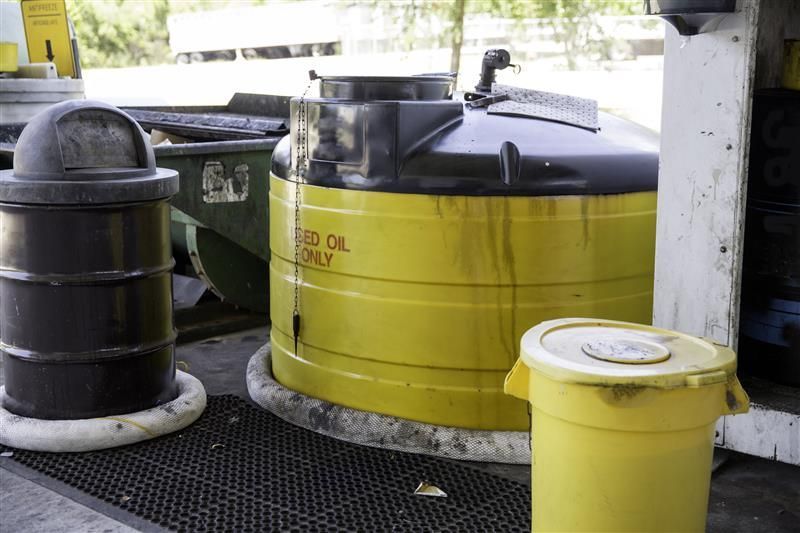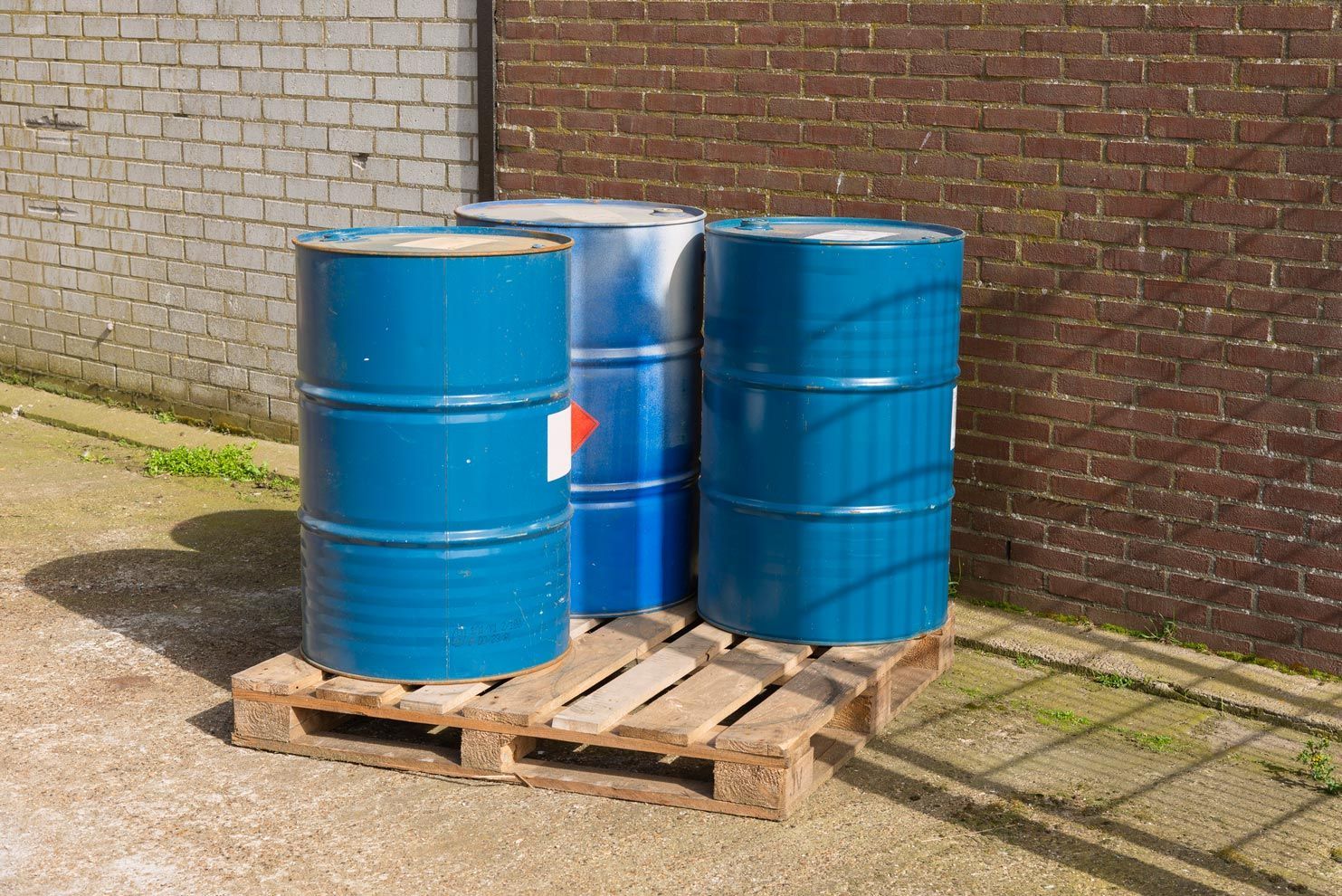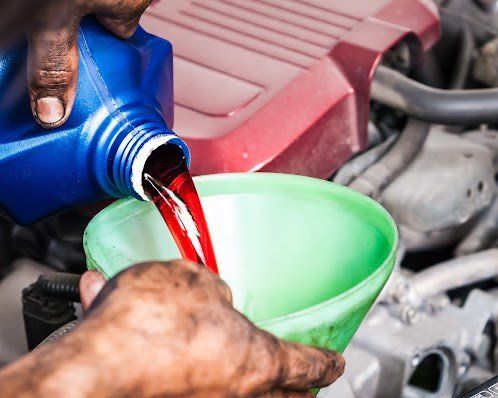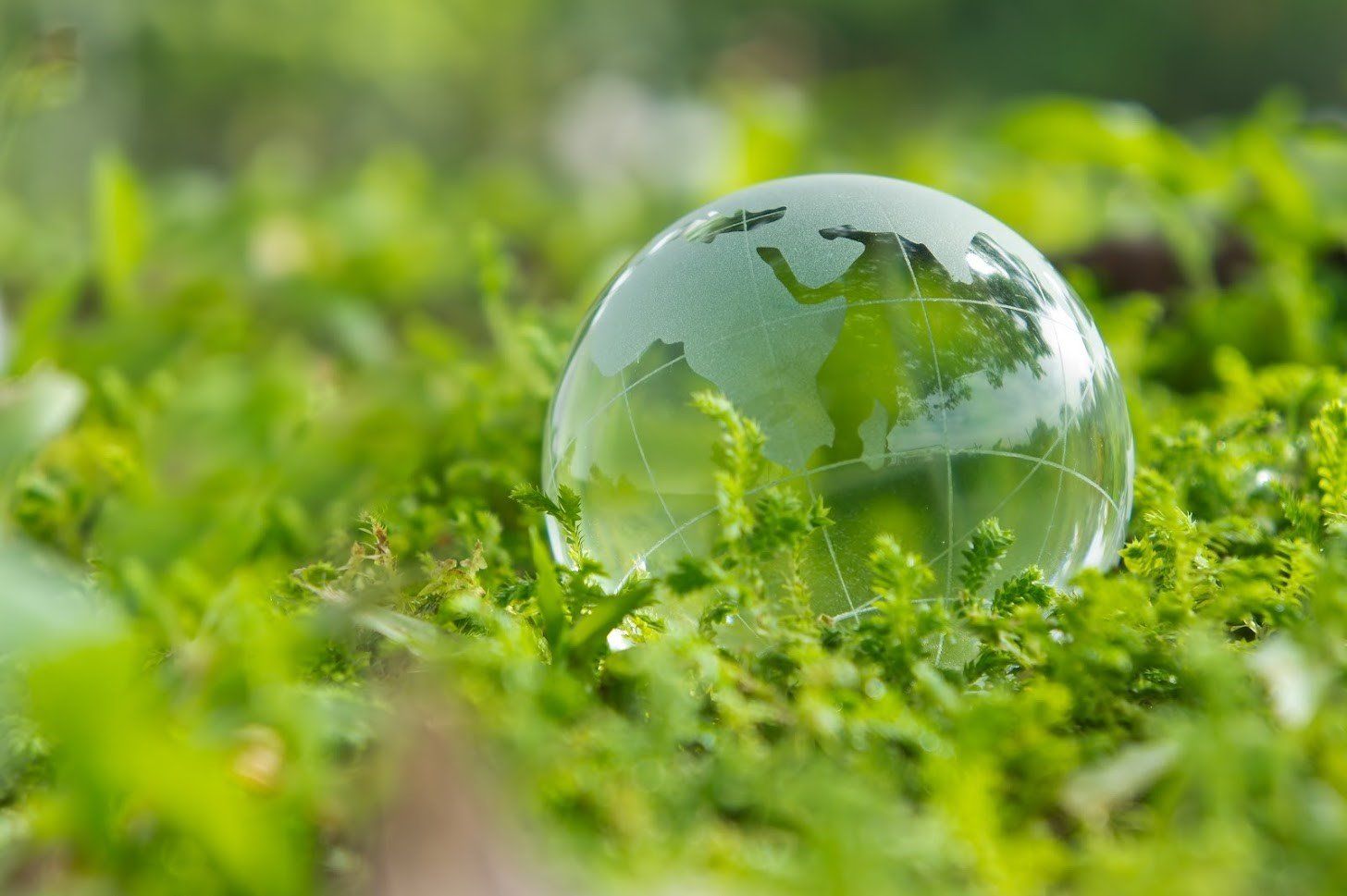3 Ways Recycling Motor Oil Protects Earth's Water
September 24, 2019

You may have heard that dumping motor oil illegally down storm drains is bad for the environment, but you probably haven't heard of all the different ways it can affect Earth's water reserves. However, responsible disposal and recycling of used motor oil can actually help protect clean water reserves in several ways.
Here are three ways that using recycled motor oil and recycling your used oil can help Earth's water reserves.
1. Reduce Water Used in Oil Refining and Transportation
Motor oil is created from crude oil. This is relevant to clean water reserves because to harvest and process crude oil and turn it into motor oil is actually quite a water-intensive processes. In fact, refining one gallon of crude oil takes about two and a half gallons of water.
However, a gallon of used motor oil can produce the same amount of new, clean motor oil as 42 gallons of crude oil can. This means that when you recycle a gallon of used motor oil, you prevent the harvest, shipment, and processing of those 42 gallons. So one gallon of recycled oil can save 105 gallons of water that would otherwise be used to refine crude oil.
Recycling one gallon of used motor oil is also much less energy-intensive, which means that, again, it saves water. Power plants in the USA regularly use up billions of gallons of freshwater per day. So anytime you save energy or electricity, you save water as well.
2. Protect Water-Processing Organisms in Wetlands
Motor oil floats. And it's dark in color. These two aspects mean that when motor oil makes its way into surface water, it can form a film at the water's surface that blocks some of the sunlight from getting in. In addition, oil can block oxygenation.
Even if they don't come into contact with the oil and aren't poisoned directly, organisms such as algae and plants in a wetland habitat won't be able to function normally when deprived of the air and light they need.
Wetland organisms play a crucial role in filtering pollutants out of the water (such as fertilizers and dirt particles). Motor oil pollution in these habitats could reduce their effectiveness and allow more pollutants into main bodies of water such as lakes and rivers. So a motor oil spill that damages wetlands can directly work against Earth's clean water.
Recycling all your motor oil faithfully can help to avoid this problem.
3. Protect Groundwater and Drinking Water From Toxic Chemicals
One gallon of oil, improperly disposed of, can pollute 50 people's worth of water for an entire year (that's a million gallons). So theoretically, if just one in fifty people does this, it could ruin everyone's water supply for the next year. This means that even if you just have a tiny bit of motor oil to dispose of, recycling it could make a huge difference.
Some of the toxic constituents of used motor oil include heavy metals such as lead and arsenic as well as chemicals like dioxins and benzene. These aren't things you want to find in your drinking water.
These points only touch on some of the effects of recycling used motor oil versus dumping it down a storm drain. But as you can see, even without the effects on birds, agriculture, and the ocean, there’s still plenty of reasons to recycle motor oil. Your decision to buy recycled motor oil and turn your old oil in for recycling can help keep the Earth's water supply clean.
For more information about buying recycled motor oil or where to turn in any stockpiles of used oil you may have, get in touch with Denver Oil today. We also offer disposal and recycling services for other automotive products such as antifreeze and oil filters.










